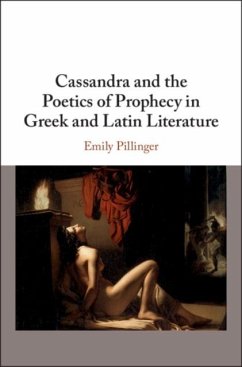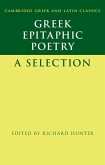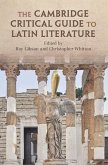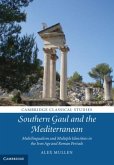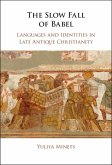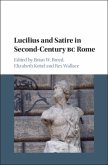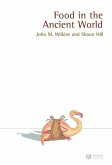This book explores the miscommunications of the prophet Cassandra - cursed to prophesy the truth but never to be understood until too late - in Greek and Latin poetry. Using insights from the field of translation studies, the book focuses on the dialogic interactions that take place between the articulation and the realization of Cassandra's prophecies in five canonical ancient texts, stretching from Aeschylus' to Seneca's Agamemnon. These interactions are dogged by confusion and misunderstanding, but they also show a range of interested parties engaged in creatively 'translating' meaning for themselves from Cassandra's ostensibly nonsensical voice. Moreover, as the figure of Cassandra is translated from one literary work into another, including into the Sibyl of Virgil's Aeneid, her story of tragic communicative disability develops into an optimistic metaphor for literary canon-formation. Cassandra invites us to reconsider the status and value of even the most riddling of female prophets in ancient poetry.
Dieser Download kann aus rechtlichen Gründen nur mit Rechnungsadresse in A, B, BG, CY, CZ, D, DK, EW, E, FIN, F, GR, HR, H, IRL, I, LT, L, LR, M, NL, PL, P, R, S, SLO, SK ausgeliefert werden.

